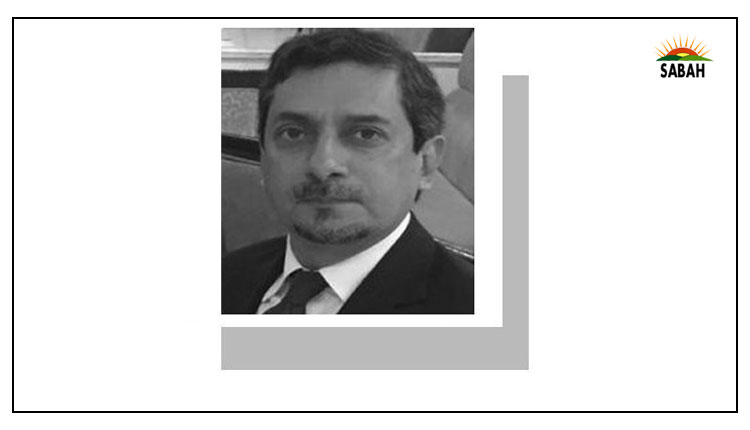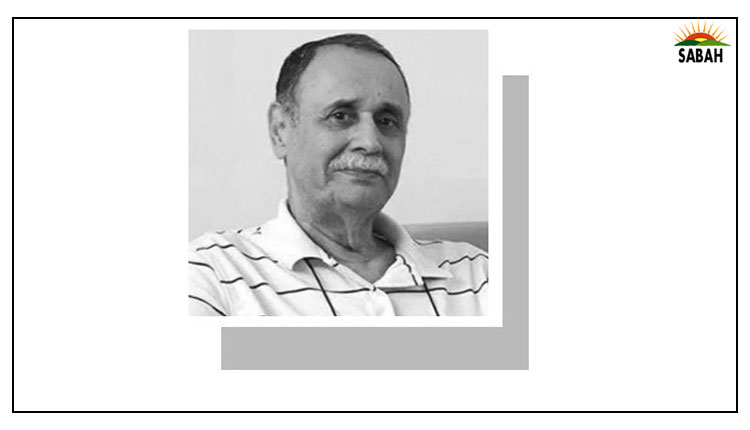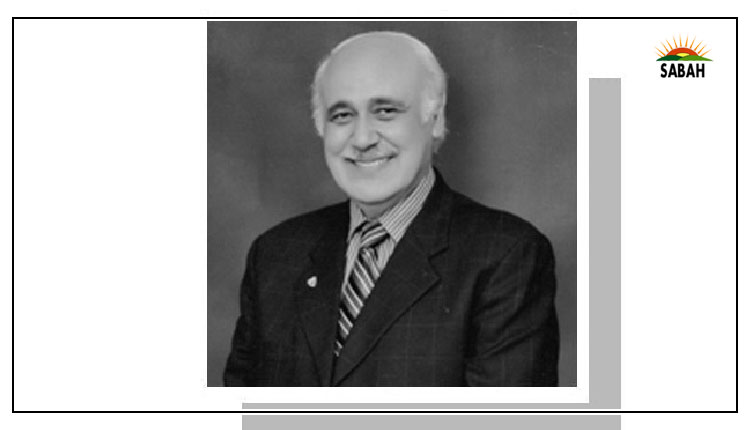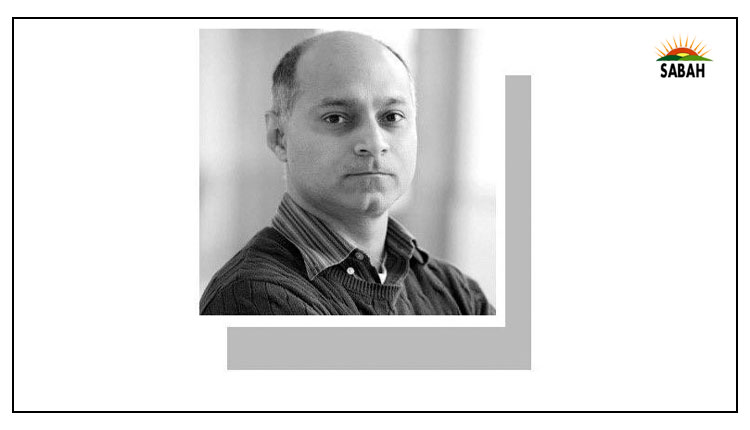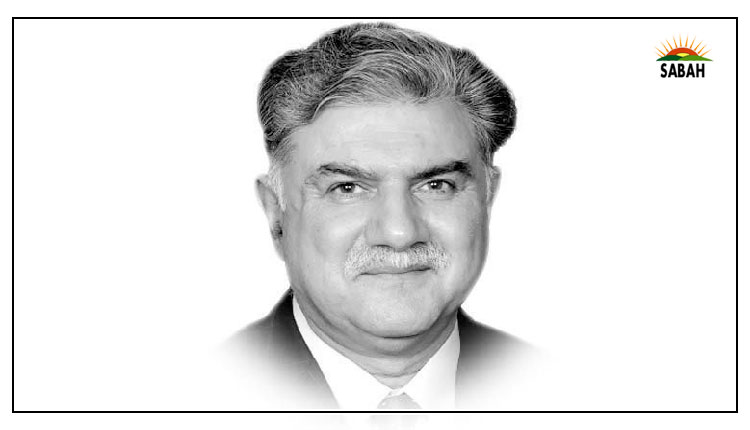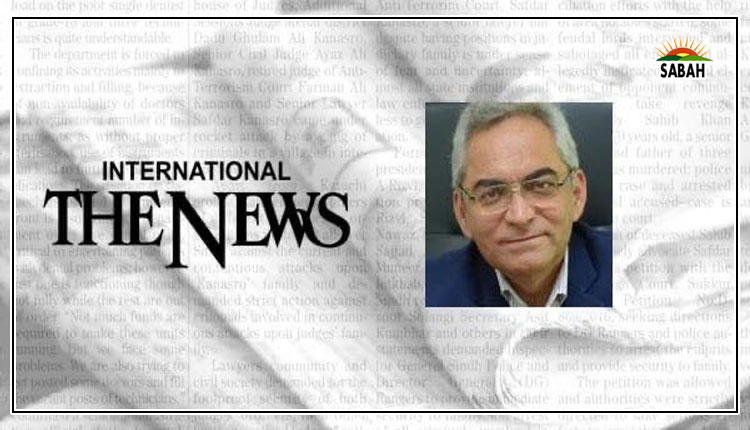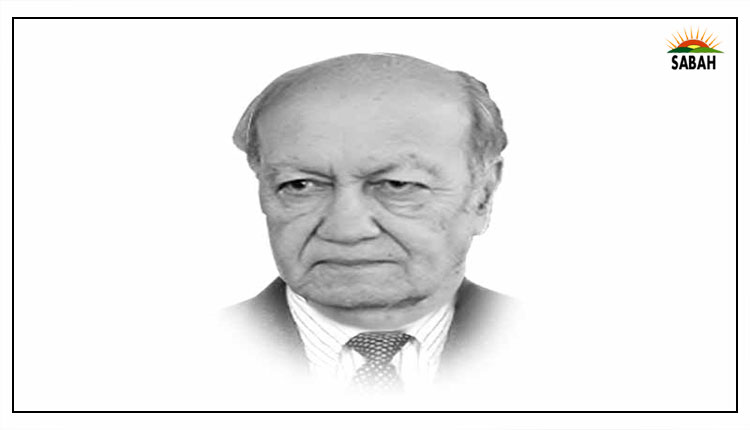The year in retrospect and prospective…Talat Masood
As the year comes to a close, it is important to take stock of what we gained and where we lost; which are our weak areas; and whether we have the capability to overcome these. We also need to know what additional measures need to be taken to be able to extricate ourselves from this downward syndrome.
We are on a steep downhill path. Our politics has remained throughout the year extremely chaotic and highly confrontational making the parliament practically dysfunctional. It passed very few laws; and to avoid the opposition from obstructing the proceedings, the government would introduce legislation when majority of their members were not present. The most significant event was the arrest of Imran Khan and many of the top PTI leaders and workers. In fact, the government was able to successfully dismember the party so that it is in no position to make a comeback. The security establishments tacit support was a key factor in demolishing and dismantling PTI. A plethora of legal cases were initiated against PTI leaders, some of them valid, but there was no justification for not setting Imran Khan free on bail. In sharp contrast, the pending legal cases of Nawaz Sharif were dealt with within days and he was absolved of all charges with no fear of being taken into custody. Whereas the Sword of Damocles is hanging on several opposition leaders. This is the worst message we convey to the world reflecting our undemocratic and uncivilised behaviour. I wonder if our leadership has ever considered that the way they conduct themselves within the country, relate to the opposition and interact with their constituents and countrymen reflects on the countrys image and their own standing. Apart from that, proper functioning of the system in accordance with international norms raises the confidence level of the people among several other benefits accruing from it.
As we listen to our leaders in their public addresses and television discourse it is easy to discern that their horizons are limited and they are obsessed with demolishing the opponents. And less of what concrete plan they have in changing the course of the country toward economic development and improving the political climate. Personalised politics and intense hostility against political opponents have derailed focus from major political issues, achievement of economic goals and addressing serious security and environmental threats. External and internal security challenges have been largely left to the military leadership to tackle, although many relate to severe economic disparities and foreign policy issues that primarily lie in the realm of civilian authority.
The unfortunate aspect is that political parties dominated by few influential families have sidelined the youth and the womenfolk from being in important positions in the party or in government. There is a need to build pressure on the party leadership to field a fair representation of theirs, and not merely rely on fielding their own kith and kin which apart from being unjust demoralises the younger generation. This has long-term adverse consequences for the development of democratic practices and culture, which already is so weak. More importantly, the younger generation is far more familiar with modern developments especially in IT, space and medical sciences. Frustrated by lack of interest in government, talented students and those engaged in these disciplines opt for moving to other countries that value their expertise. Brain drain in a country that is bereft of people with these qualifications pushes it further back.
In the past, Pakistan has taken the threat of nuclear and missile developments in the neighborhood and risen to the challenge by developing its own and equipping the country with a strong deterrent. It has, however, not fully appreciated that the fast economic development and standing of India and other countries such as South Korea and others in South East Asia in the past owes to their leadership that has prioritised education, focused on building physical infrastructure and introduced laws to expedite legal cases. They laid special emphasis on science and mathematics in their educational curriculum and kept pace with it. On the contrary, Pakistani leadership has never accorded the priority it deserves which manifests in low academic standards and a highly dependent economy. It would not be an exaggeration to say that one of the major reasons why Pakistan has not thrown up better quality leadership is the lack of emphasis on an educated and well-informed electorate. It is unlikely the situation in the near future will change unless focused and long-term corrective measures are adopted.
The other key factor that has stood in our way of being blessed with better leadership is the weak performance of the civilian government that disillusions people as they lose confidence in the politicians ability to govern and deliver to even their minimum expectations. This creates a vicious cycle creating space for the dominance of the military and also bureaucracy in politics.
As things stand, it is unlikely that the coming national elections will throw up a leadership that is relatively more progressive and has better comprehension to steer the country toward progress and stability. How this will be corrected remains a major national challenge.
First and foremost, the parties should prefer fielding younger and educated candidates and stay away from including their kith and kin unless they meet the laid-down criteria.
In many ways the coming elections do provide an opportunity for change. Pakistans teeming millions are aspiring for a better tomorrow, they deserve it for they have suffered far too long due to weak governance and misplaced priorities. We also cannot be oblivious that the world has moved into the fifth and sixth generation of scientific and technological change which has revolutionised progress at a galloping pace. To be a part of it and benefit from it we need a qualitative change in our thinking, learn from our past failings and focus on the uplift and wellbeing of our people. Choosing the right leaders and adhering to the established norms of democracy is an important step in that pursuit. The national and provincial elections provide that opportunity which we should fully avail.
Courtesy The Express Tribune



